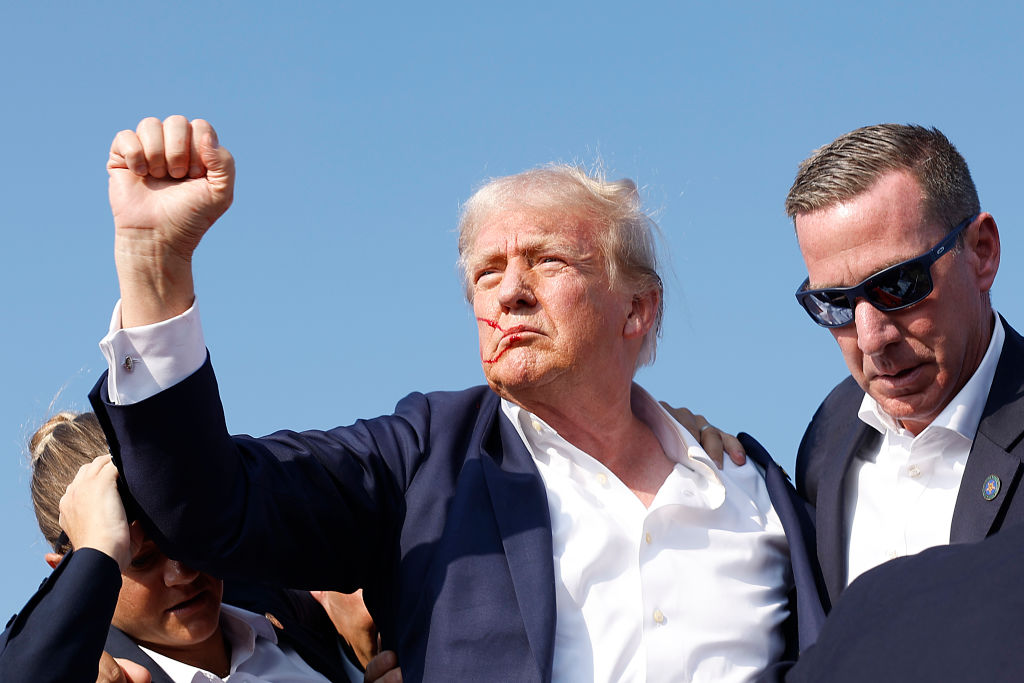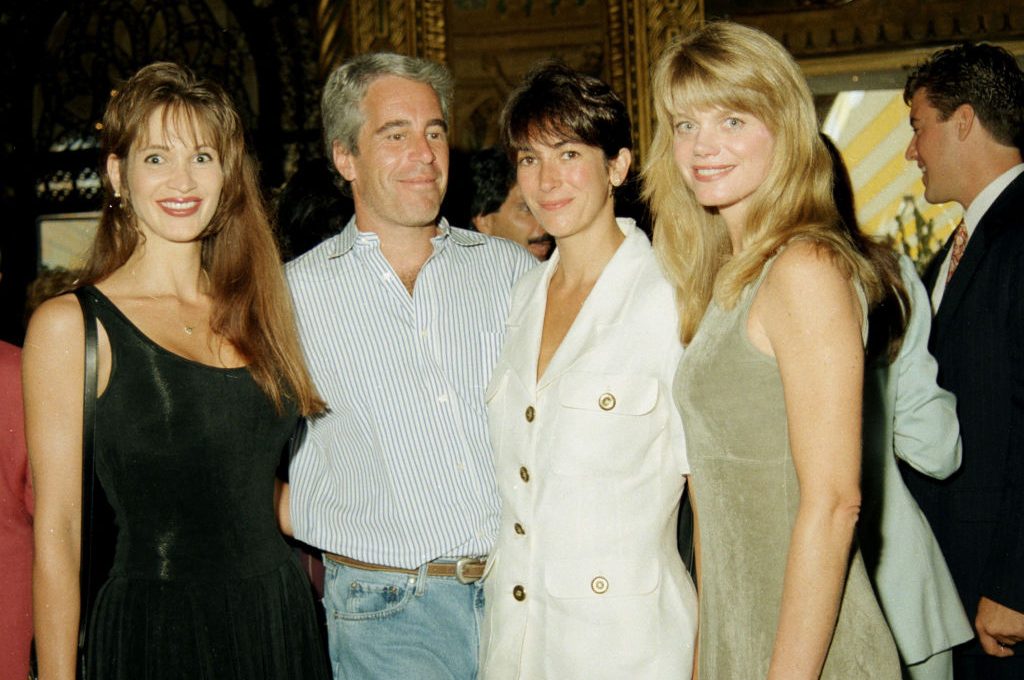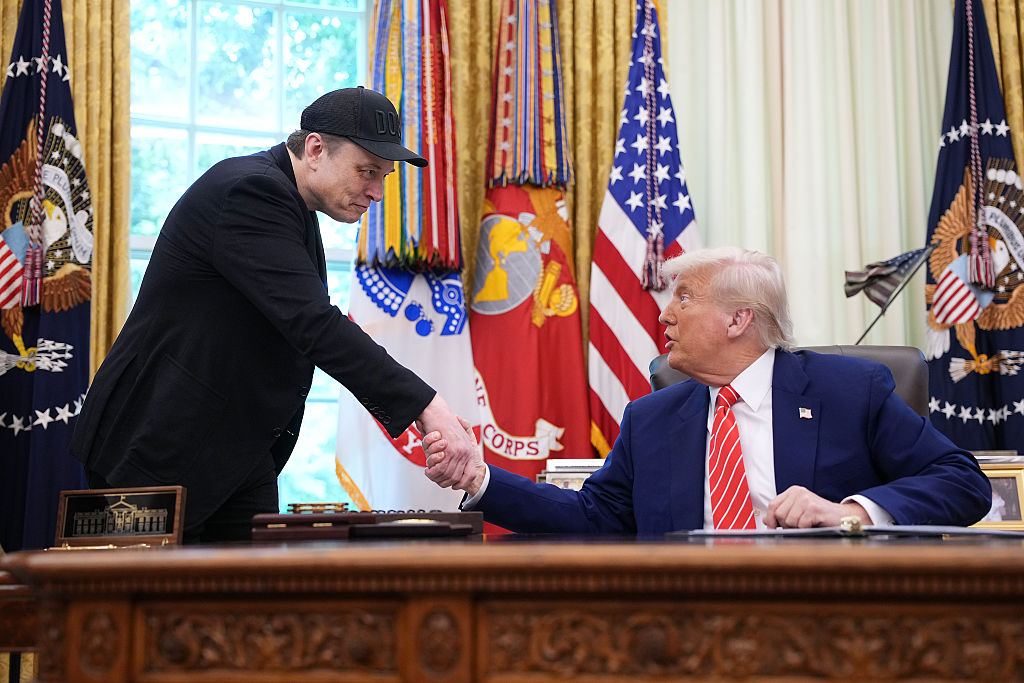As I wrote earlier, last week Matt Taibbi, the journalist chosen by Elon Musk to reveal what really happened behind-the-app during the 2020 presidential election, published the first installment of the “Twitter Files.” He did it as a long Twitter “thread” which showed various panicky corporate communications about the ethics of suppressing intriguing political information. This was important stuff, but it wasn’t exactly explosive. We all knew that Big Tech censored information in order to help Joe Biden. Lots of Democrat-friendly journalists were therefore quick to pour cold water on the news. Nothing to see here, folks, move on.
But Musk and Taibbi promised more and last night Taibbi dropped a genuinely shocking “supplemental thread” explaining why the Twitter files had not been quite as sensational as some hoped. It seems that, without Musk’s knowledge, somebody within the organization had been vetting the files which Taibbi and Bari Weiss — the other journalist Musk has anointed to do the story — were allowed to see. And that somebody was Jim Baker, the former FBI general counsel who, extraordinarily enough, has the title of Twitter deputy general counsel. Or rather he did. Musk sacked him yesterday.
Baker is, as Taibbi puts it, “something of a Zelig of FBI controversies dating back to 2016… He resigned in 2018 after an investigation into leaks to the press.”
Yikes. Any intelligent commentator who doesn’t recognize this as a potentially enormous scandal is being willfully blind at best. What is increasingly clear is that the FBI and Twitter were working hand-in-glove to suppress what they deemed to be “misinformation” — which actually turned out to be a true story about the now-president’s son. The level of “collusion” — to use a word we heard a lot in relation to Russia and Trump in 2016 — between law enforcement agencies, partisan political actors, and Big Tech is starting to become painfully clear. Bari Weiss will deliver the next batch of Twitter files — on Twitter, naturally — and the story has only got more interesting. The old defense of Twitter was that it was a private company and in a free world a private company can publish or not publish whatever it wants. But what if that private company is being manipulated by state actors?
Another interesting aspect: one of the main figures involved in suppressing the — true, remember — Hunter Biden story was Vijaya Gadde, Twitter’s former “legal, public policy and trust and safety lead.” The Biden administration later gave her an advisory role at the the Cybersecurity and Infrastructure Security Agency, which is an arm of the Department of Homeland Security. That seems fishy, to put it mildly.
Twitter is a global company and so the inevitable next question is: did the website also restrict politically sensitive content on the request of partisan or security agency actors in other countries too? Did it — to use another hot term from 2016 — engage in “foreign interference?”
If so, where? Musk has already hinted that he will look into allegations that “Twitter personnel” were giving preference to left-wing candidates in Brazil. What about the United Kingdom? Why, for instance, was the trouble-causing Twitter account Politics for All nuked? These are questions worth exploring, especially as Britain’s Parliament considers the Online Safety Bill — which is partly designed to protect the public from its unhealthy habit of sharing too much.
This article was originally published on The Spectator’s UK website.

























